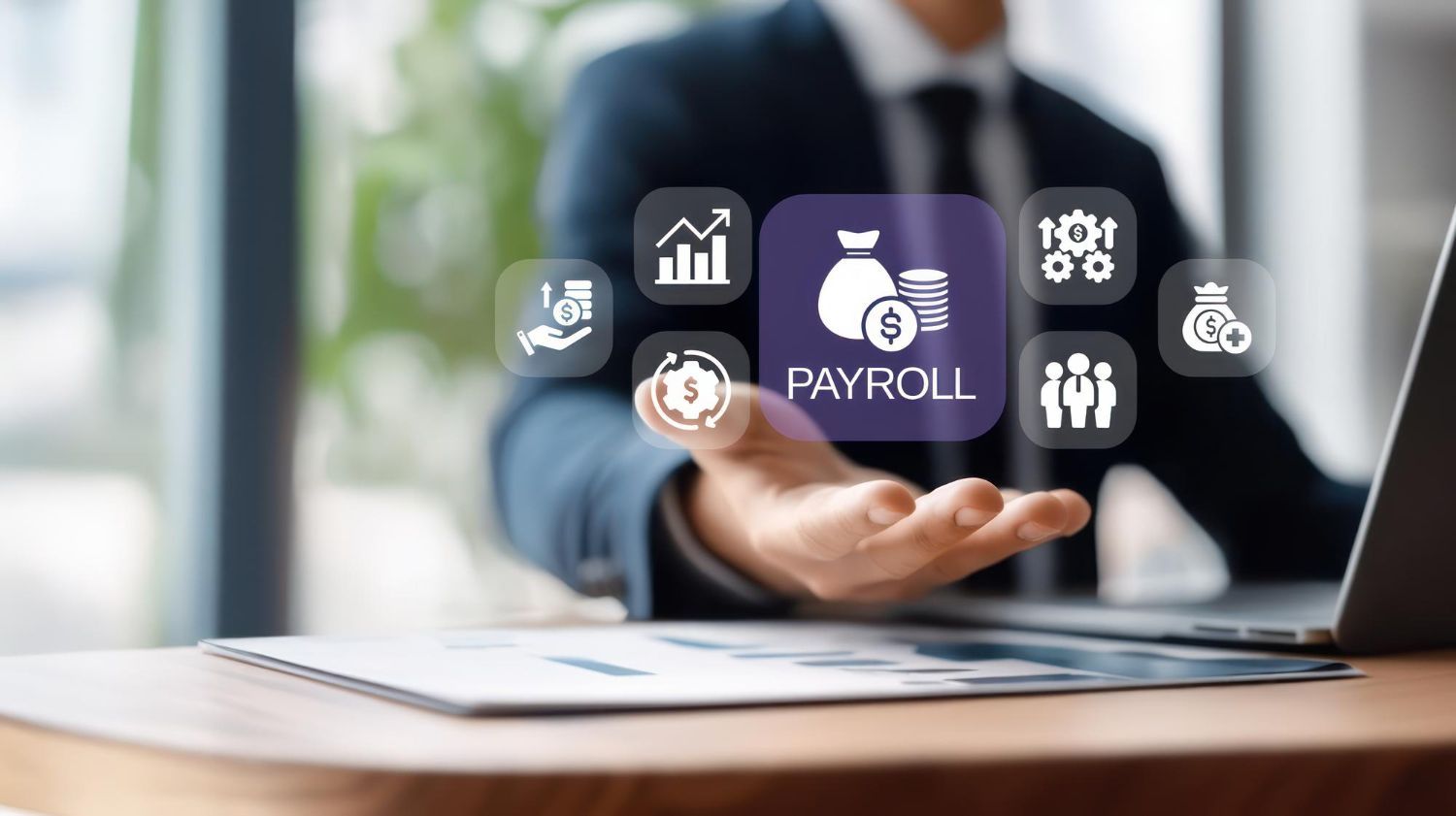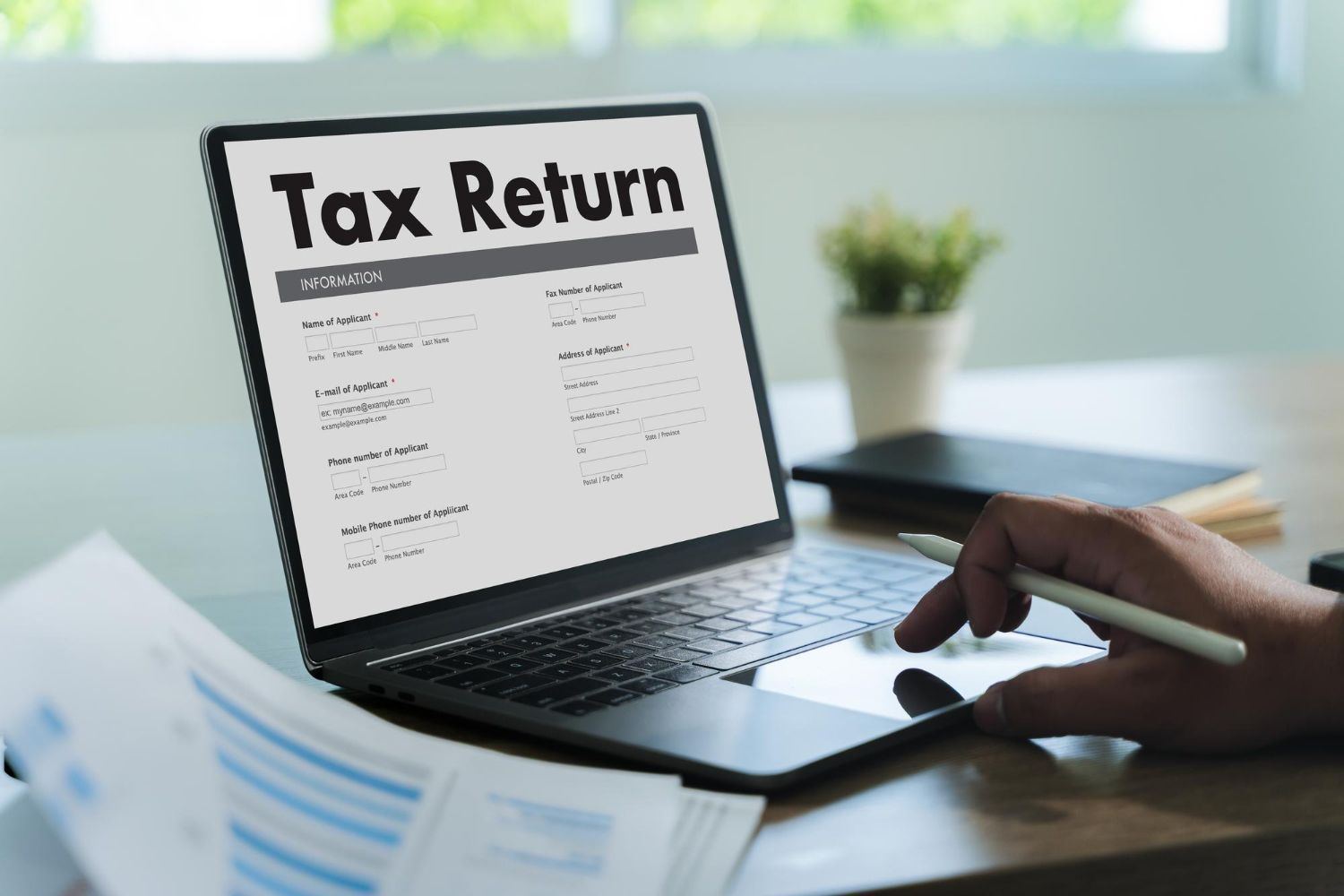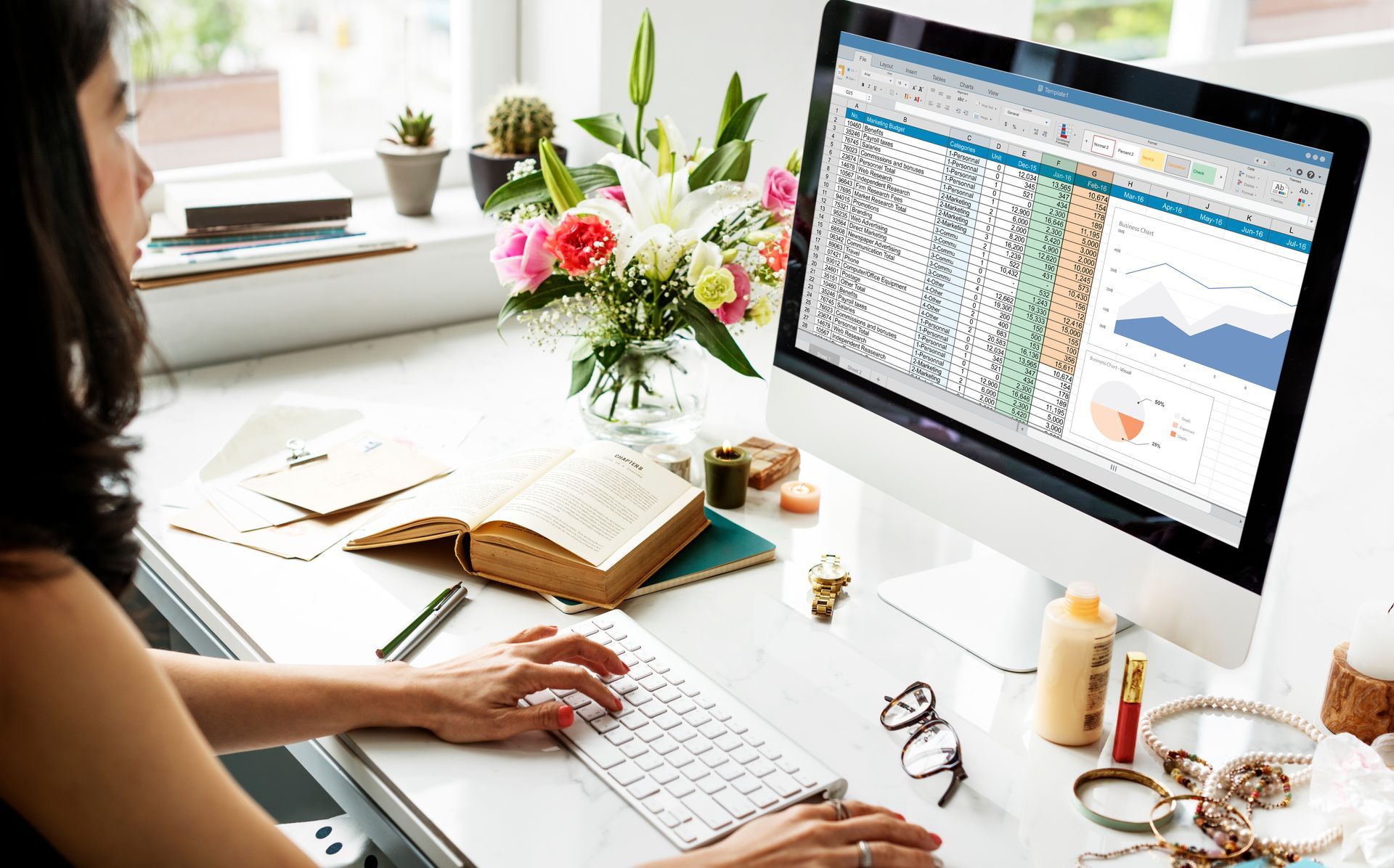6 Options Of Separating Business Accountant and Personal Finances
While it may seem more convenient to use personal funds for business purposes in your small business, it is not the wisest decision you can make. Especially for a young small business, it is more beneficial in the long run to keep personal and business funds separate by having separating business accountant. There are several reasons why separating your accounts is the best approach, and here are six of them.
1.The Benefits of Separating Business Accountant for Monitoring Your Company’s Financial Flow
Separating your personal and business accounts can provide you with a clearer overview of your company’s financial flow. This is particularly important if you are using your personal funds to cover your business startup costs. By keeping track of your expenses in a separate account, it will be easier to monitor your balance sheet and analyze your income versus expenses. This, in turn, can help you better understand your company’s performance and forecast future cash flow. To make things easier, look for banking options that offer business checking accounts, as well as mobile banking features such as mobile deposit, bill pay, and wire transfers, which allow you to conduct business banking on the go.

2.Improve the efficiency of your accounting
Keeping your personal and business bank accounts separate can help you streamline your accounting process, especially during tax season. By separating your business transactions, you can easily retrieve the necessary information for your tax statements, regardless of when your business’s tax due date is.
If you work with an accountant or bookkeeper, you may consider using online banking tools that allow you to create permission sets, giving your accountant or bookkeeper read-only access to help you generate financial statements.
Some banks offer online accounting options that require no software installation or equipment purchase. This allows you to create and send invoices, track bills, and access balance sheets, general ledgers, and other reports with ease. Additionally, you can receive payments directly into your business checking account, and many separating business accountant bank accounts offer competitive processing rates for accepting credit and debit cards, EFT, and electronic check payments.
3.Take Advantage of Tax Perks and Deductions for Your Small Business
When starting a business, there are many things to keep track of, including invoices, transactions, and deductions that may affect your business taxes later. Keeping a separate business account can make it easier to manage this information at tax time.
As a separating business accountant owner, there are many potential tax write-offs available, and it’s advisable to consult with an accountant early on for professional advice. For example, if you work from home for your separating business accountant, you may be eligible for deductions for your home office based on CRA criteria. This only applies if you work for yourself in a location in your home that is solely dedicated to your business operations.
Expenses such as supplies, utilities, phone bills, and even meals and travel expenditures related to your business may also be deductible. Some business bank accounts even offer more competitive processing rates if you accept credit and debit cards, EFT, and electronic check payments, providing additional savings opportunities.

4.Protect Your Assets: Keep Personal and Business Finances Separate
Separating your personal and separating business accountant finances not only helps with accounting and tax filing, but it also protects your assets in the event of legal action. No one wants to imagine facing difficult times in their business, but if you do, you need to keep your hard-earned personal assets safe, such as cash deposits, retirement funds, and personal property, so you can recover quickly.
To ensure maximum protection, seek advice from an accountant or lawyer to determine the best corporate entity for your specific situation. Also, consider segregating operating agreements and mentioning your business name and account details in lease agreements and supplier contracts. This can help you select the appropriate insurance coverage and further safeguard your assets.
5.Establish a Professional Image for Your Business
Separating business accountant can help you create a more established and professional image for your company. Having your business name appear on invoices and credit cards can make your business appear more legitimate and trustworthy to clients, suppliers, and partners. While many business owners initially operate under their own name, as their company expands, they may want to consider operating under a distinct business name to establish brand equity.
In addition to having a separating business accountant, it’s also essential to get a business credit card with your company’s name on it. Not only do many cards offer benefits such as cashback or travel miles, but using them for regular business expenses like client lunches or office supplies can help consolidate spendings into a single, easy-to-understand monthly invoice. This, in turn, can help you better manage your finances and project a more professional image to others.

6.Access Exclusive Financial Services and Other Benefits for Your Business
Access to exclusive financial services tailored for separating business accountant is one of the benefits of having a business banking account. Some institutions offer limited capabilities such as business checking accounts, while others provide more comprehensive services that can help your company thrive for Business Accountant in Chatham . These services can be customized to suit your specific needs, streamlining your financial operations and boosting your overall efficiency and cash flow.











